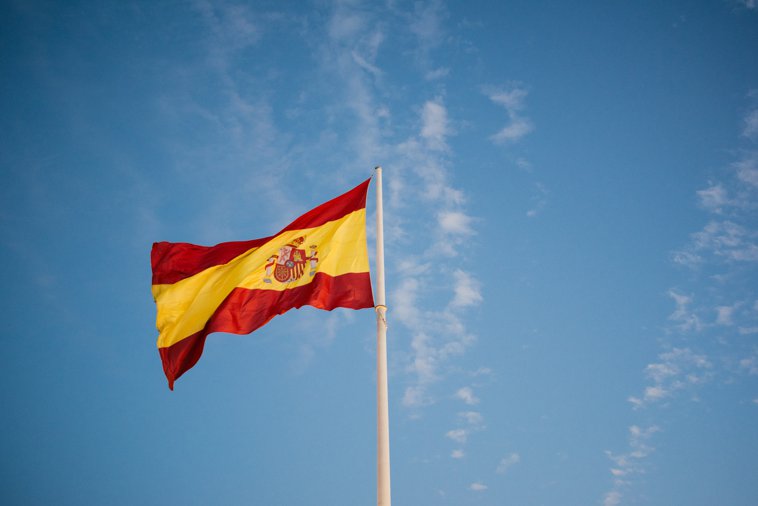Español or Castellano?
Questions This Article Answers
Are español and castellano the same language?
What's the origin of the word español?
What's the origin of the word castellano?
Should I say español or castellano?
Are español and castellano synonyms?

What’s the Difference between Español and Castellano?
The word español comes from the latín medieval(Medieval Latin) word Hispaniolus, which means de Hispania(from Hispania). Hispania was the historical name of the territory that comprised modern day España(Spain) and Portugal(Portugal). The word español is used nowadays to refer to the language and is also an adjective meaning from or related to Spain.
The word castellano comes from the Latin word Castellānus and is the adjective used to refer to Castilla(Castile), a region in Spain, and the language that was spoken there when Spain was divided in smaller kingdoms. The other languages spoken in Spain that have a co-official status are aranés(Aranese), catalán(Catalan), gallego(Galician), and vasco(Basque).
Do Español and Castellano Refer to the Same Language?
Yes, español and castellano refer to the same language, Spanish.
The Reconquista(Reconquest) of the Península Ibérica(Iberian Peninsula) was led by the reino de Castilla(Kingdom of Castile). The victorious Castilian monarchs became the rulers of the land, and their language and culture became predominant. As a consequence, castellano was associated with Spain.
Since the word español refers to the language spoken in Spain, castellano and español became synonymous.

So Which One Should I Use, Español or Castellano?
Although some people believe the correct term for Spanish is castellano, this is not widely accepted. The use of either word depends mostly on context.
Since many languages used the words español or España as roots to create the translation for the name of the Spanish language (espagnol, spagnolo, spansk, spaniolă, etc.), español is predominantly used in contexts where Spanish or Spanish-speaking countries are mentioned alongside other languages and cultures.
| examples |
|---|
In the Spanish-speaking world, the use of castellano and español varies by country.
| examples |
|---|
In Spain, castellano may be used in particular when the language is mentioned along with the other languages spoken in Spain.
| examples |
|---|
Conclusion
Both español and castellano are valid terms used to refer to the Spanish language and can be used interchangeably.
For example, the following sentences are both correct translations of How do you say “Spanish” in Spanish?
Learn more about Spanish with these articles:














